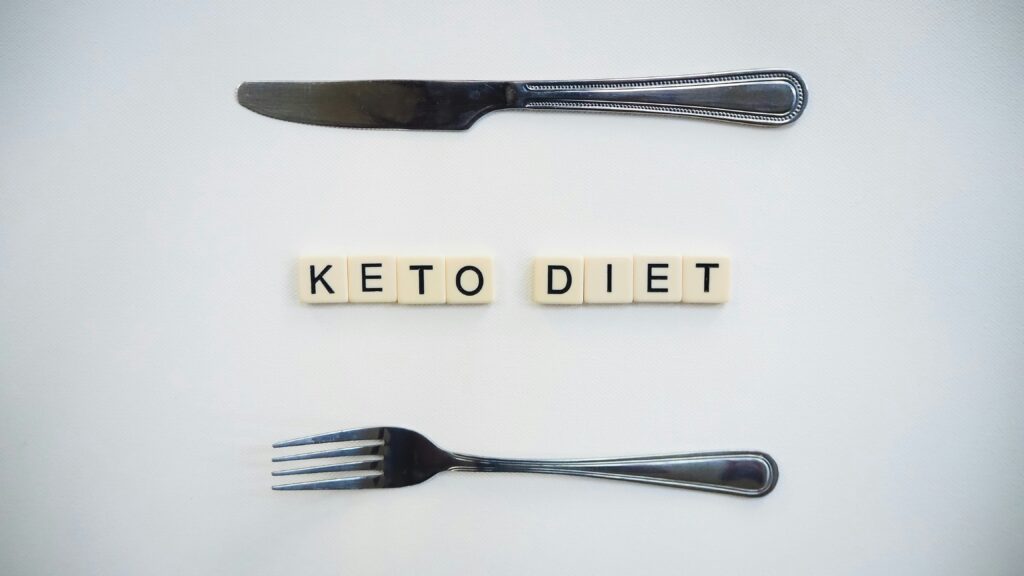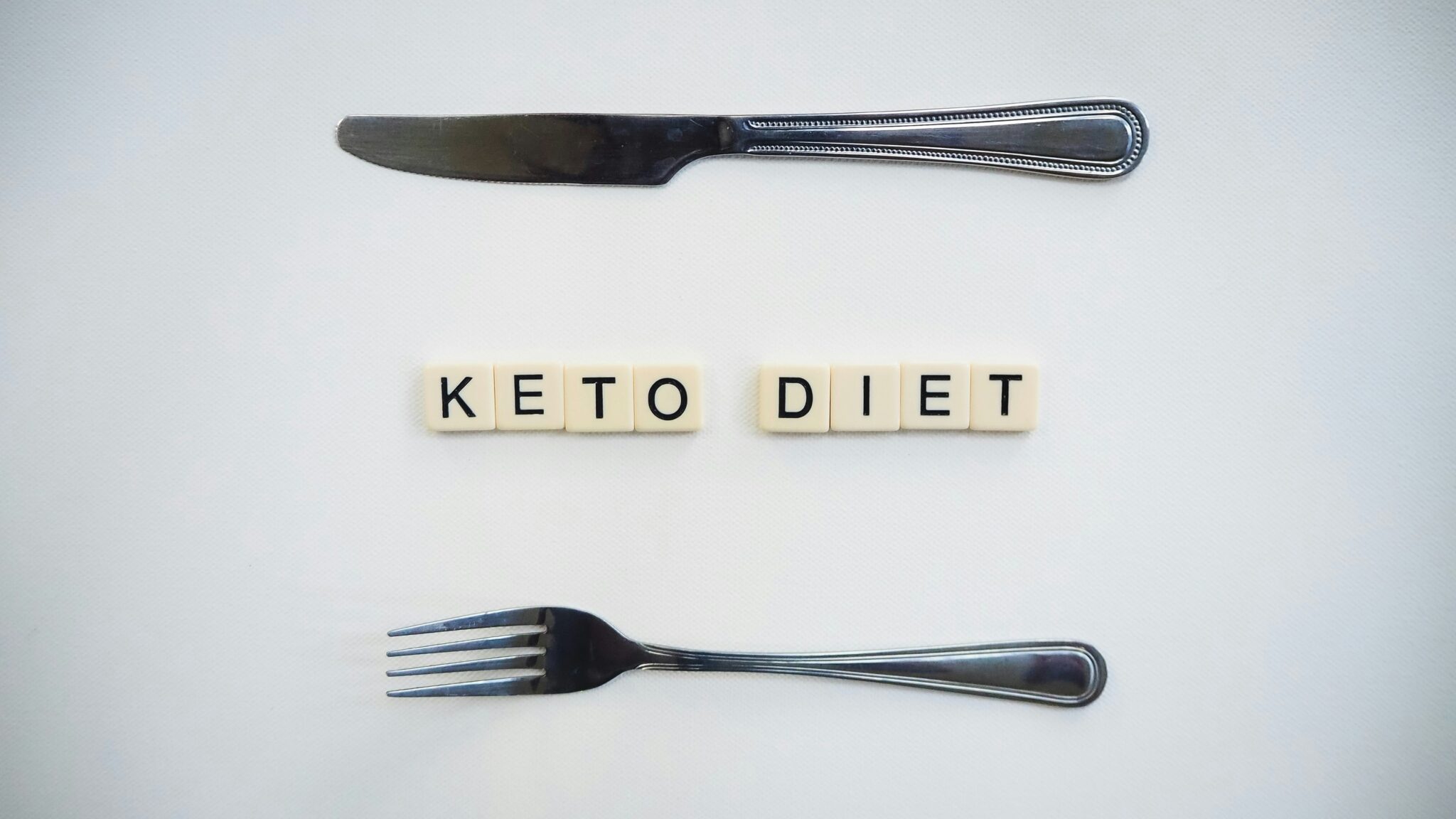Looking to shake up your diet and make healthier choices? Look no further than the keto diet. Keto foods have been gaining popularity in recent years for their ability to fuel weight loss, boost energy, and promote overall health. From meal prep ideas to tasty snacks, this article covers all the bases, offering you a comprehensive guide on incorporating keto foods into your daily routine. Plus, we’ll explore the benefits of intermittent fasting and how it can be combined with the keto diet for even greater results. So why wait? Dive into the world of keto foods and discover a healthier you.
Overview of the Keto Diet
What is the keto diet?
The keto diet, short for ketogenic diet, is a low-carb, high-fat diet that has gained popularity for its potential health benefits, including weight loss. The primary goal of the keto diet is to shift your body into a state of ketosis, where it burns fat for fuel instead of carbohydrates.
How does the keto diet work?
The keto diet works by drastically reducing your carbohydrate intake and increasing your fat intake. This reduction in carbs forces your body to enter a metabolic state called ketosis. In ketosis, your liver converts fat into ketones, which are then used as the main source of energy instead of glucose from carbohydrates.
Benefits of the keto diet
The keto diet has been widely studied and is known to offer several potential benefits. One of the most well-known benefits is weight loss. By restricting carbohydrates, the keto diet helps control insulin levels, leading to reduced appetite and increased fat burning. Additionally, the keto diet may improve blood sugar control, increase HDL (“good”) cholesterol levels, and reduce triglyceride levels.
Potential drawbacks of the keto diet
While the keto diet can be effective for many individuals, it is important to consider the potential drawbacks. Some people may experience initial side effects such as the “keto flu,” which can include fatigue, headache, and irritability. The restrictive nature of the diet can also be challenging to sustain long-term. Furthermore, the focus on high-fat foods may lead to an increased intake of saturated fats, which could have negative implications for heart health if not managed properly.
Understanding Keto Foods
What are keto foods?
Keto foods are those that are low in carbohydrates and high in fat. These foods are essential for maintaining ketosis and ensuring that your body continues to burn fat for fuel. Keto foods primarily consist of meat, fish, eggs, dairy, nuts, seeds, and non-starchy vegetables. Foods high in carbohydrates, such as grains, sugars, and most fruits, are typically avoided on the keto diet.
Macronutrient composition of keto foods
The macronutrient composition of keto foods is very different from a traditional diet. On the keto diet, the majority of your calories should come from fat, followed by a moderate amount of protein and a minimal amount of carbohydrates. A general guideline for the macronutrient breakdown on the keto diet is around 70-80% of calories from fat, 20-25% from protein, and 5-10% from carbohydrates.
Examples of common keto foods
There are numerous keto-friendly foods to choose from. Some examples of common keto foods include avocado, fatty fish like salmon and mackerel, grass-fed meat, full-fat dairy products like cheese and butter, nuts and seeds, low-carb vegetables such as spinach and broccoli, and healthy oils like olive oil and coconut oil.
Identifying hidden carbs in keto foods
While many foods on the keto diet are naturally low in carbohydrates, it is crucial to be aware of hidden carbs that can unknowingly derail your progress. Some foods may appear keto-friendly but contain hidden sugars or carbohydrates. It is important to read food labels carefully and familiarize yourself with common hidden sources of carbs, such as sauces, dressings, and processed foods.

Health Impact of Keto Foods
Impact of keto foods on weight loss
One of the primary reasons people turn to the keto diet is for weight loss. Keto foods help promote weight loss by reducing appetite, improving insulin sensitivity, and increasing fat burning. The high fat content of keto foods also helps create a feeling of fullness, making it easier to consume fewer calories overall.
Effect on blood sugar levels
The keto diet can have a significant impact on blood sugar levels, particularly for individuals with diabetes or insulin resistance. By limiting carbohydrate intake, the keto diet can help stabilize blood sugar levels and reduce the need for insulin. However, it is crucial to monitor blood sugar levels closely, especially when starting the diet, as adjustments to medication may be necessary.
Influence on cholesterol levels
Contrary to the misconception that a high-fat diet negatively impacts cholesterol levels, the keto diet has been shown to improve cholesterol profiles for many individuals. It increases HDL (“good”) cholesterol levels, reduces triglycerides, and can lead to a decrease in LDL (“bad”) cholesterol particles’ size, which is associated with a lower risk of heart disease.
Relation to heart health
While the keto diet may have positive effects on cholesterol levels, it is important to approach the selection of fats on the diet with caution. Consuming excessive amounts of saturated fats, commonly found in high-fat animal products, may increase the risk of heart disease. It is recommended to opt for sources of healthy fats, such as avocados, nuts, and seeds, while moderating the intake of saturated fats.
Potential Risks and Considerations
Nutrient deficiencies on the keto diet
Since the keto diet limits many food groups, there is a risk of nutrient deficiencies if not properly planned. Some nutrients that may be lacking on a keto diet include fiber, certain vitamins and minerals, and antioxidants found in fruits, whole grains, and legumes. It is important to ensure a varied and balanced intake of keto foods and consider supplementation if necessary.
Digestive issues and keto foods
Switching to a high-fat diet like keto can lead to changes in your digestive system. Some people may experience digestive issues such as constipation or diarrhea, particularly during the initial stages of the diet. Increasing fiber intake through non-starchy vegetables and staying properly hydrated can help alleviate these issues.
Possible side effects of the keto diet
In addition to digestive issues, some individuals may experience other side effects when transitioning into a state of ketosis. These side effects, commonly referred to as the “keto flu,” can include fatigue, headache, dizziness, irritability, and brain fog. These symptoms are usually temporary and can be minimized by staying hydrated, ensuring proper electrolyte balance, and gradually transitioning into the diet.
Proper implementation and monitoring
Due to the potential risks and considerations associated with the keto diet, it is crucial to implement it carefully and under proper supervision. Consulting with a healthcare professional or a registered dietitian experienced in the keto diet can help ensure that the diet is implemented safely and tailored to your individual needs.

Keto Foods and Energy Levels
Keto foods and sustained energy
One of the common concerns with the keto diet is the potential impact on energy levels. While the initial transition period may result in temporary fatigue or reduced energy, many individuals report improved energy levels once their bodies adapt to using ketones as the primary fuel source. Keto foods provide a sustained source of energy since fat is a dense and efficient energy source.
Performance impact on physical activities
The keto diet has been studied in terms of its impact on athletic performance. While some individuals may experience a decrease in high-intensity exercise performance during the initial stages of the diet, others report improved endurance and reduced reliance on carbohydrate fuel. The effects of the keto diet on physical performance can vary, and it may be necessary to experiment and adapt to find the optimal approach for your specific activity levels and goals.
Adaptation period for energy levels
When starting the keto diet, your body needs time to adapt to utilizing fat as the primary fuel source. This adaptation period, commonly referred to as “keto adaptation,” can take several weeks. During this time, energy levels may fluctuate, and it is important to listen to your body, stay well-hydrated, ensure adequate rest, and be patient as your body adjusts.
Balancing nutritional needs
While the keto diet can provide sustainable energy for many individuals, it is crucial to ensure that you are meeting your nutritional needs. Since the diet restricts certain food groups, it is important to choose nutrient-dense keto foods to provide essential vitamins, minerals, and antioxidants. Consulting with a healthcare professional or registered dietitian can help ensure that you are maintaining a balanced and healthy diet.
Keto Foods and Overall Health
Effect on gut health
The keto diet’s impact on gut health is an area of ongoing research. Some studies suggest that the high-fat nature of the diet may negatively alter gut microbiota diversity, potentially leading to imbalances and gastrointestinal issues. However, other research indicates that it may have positive effects on reducing inflammation and improving intestinal permeability. More research is needed to fully understand the relationship between the keto diet and gut health.
Potential impact on mental health
While the keto diet is primarily known for its potential physical benefits, there is emerging evidence suggesting that it may also have positive effects on mental health. Some studies report improvements in mood, cognitive function, and symptoms of certain neurological conditions, such as epilepsy and Alzheimer’s disease. However, more research is needed to establish the long-term effects and individual variations in the effects on mental health.
Relation to inflammation
Inflammation is a key contributor to various chronic diseases. Some research suggests that the keto diet may help reduce inflammation in the body. By limiting the intake of processed and refined carbohydrates, which can promote inflammation, the keto diet may contribute to a reduction in inflammatory markers. Incorporating anti-inflammatory keto foods, such as fatty fish and leafy greens, can further enhance these potential benefits.
Long-term effects on overall health
While the short-term benefits of the keto diet, such as weight loss and improved metabolic markers, are well-established, less is known about its long-term effects on overall health. Long-term adherence to the diet may present challenges in terms of nutrient deficiencies, sustainability, and potential health risks associated with specific food choices. It is important to approach the keto diet with a balanced perspective and consider individual needs and goals.

Incorporating Keto Foods into Your Diet
Gradual transition or immediate change?
When incorporating keto foods into your diet, you have the option of making a gradual transition or implementing an immediate change. Gradually reducing carbohydrate intake while increasing fat gradually allows your body to adapt more smoothly to the metabolic changes. However, some individuals prefer to make an immediate change to kickstart their ketosis journey. The approach you choose will depend on your personal preferences, lifestyle, and ability to manage the potential side effects.
Meal planning and keto-friendly recipes
Meal planning is essential for success on the keto diet. Planning meals and snacks in advance helps ensure that you have access to convenient and keto-friendly options throughout the week. There are numerous resources available, including websites, cookbooks, and meal planning services, that provide keto-friendly recipes and meal ideas to help you stay on track.
Tips for successfully incorporating keto foods
Successfully incorporating keto foods into your diet requires some planning and preparation. Here are a few tips to help you on your keto journey:
- Familiarize yourself with keto-friendly foods and their macronutrient composition.
- Plan meals and snacks in advance to prevent impulse or off-plan eating.
- Stock your pantry and fridge with keto-friendly staples such as avocados, eggs, and low-carb vegetables.
- Experiment with recipes and find keto-friendly alternatives for your favorite meals.
- Stay hydrated and ensure adequate intake of electrolytes, especially during the transition period.
- Monitor and track your food intake and adjust as necessary to maintain ketosis.
Consulting a healthcare professional
Before starting any new diet or major dietary changes, it is advisable to consult with a healthcare professional, such as a registered dietitian. They can provide personalized guidance, monitor your progress, and ensure that the keto diet aligns with your specific health needs and goals. A healthcare professional can also address any concerns or questions you may have and provide ongoing support throughout your keto journey.
Keto Foods and Specific Dietary Needs
Keto foods and vegetarian/vegan diets
While the keto diet traditionally includes animal-based foods, it is possible to follow a vegetarian or vegan version of the diet. Plant-based sources of fat and protein, such as avocados, nuts, seeds, coconut oil, and tofu, can be incorporated into a vegetarian or vegan keto diet. Staying mindful of nutrient intake and considering supplementation may be necessary to meet specific dietary needs.
Gluten-free and dairy-free options
For individuals with gluten intolerance or sensitivity, the keto diet can be a suitable option since it naturally eliminates most grains that contain gluten. However, it is important to be mindful of hidden sources of gluten, such as certain processed foods and seasonings. Those with lactose intolerance or dairy allergies can also follow a dairy-free keto diet by opting for dairy alternatives such as almond milk or coconut milk and choosing plant-based sources of fat and protein.
Managing keto foods with food allergies
If you have food allergies, it is important to carefully select keto foods that align with your dietary restrictions. Common allergens, such as nuts, shellfish, or eggs, can be replaced with suitable alternatives, such as seeds or legumes, to meet your nutritional needs while adhering to the keto diet. Always read ingredient labels and be cautious of cross-contamination if you have severe allergies.
Considering personal dietary restrictions
Individuals with specific dietary restrictions, such as kosher or halal diets, may need to modify certain aspects of the keto diet to adhere to their religious dietary guidelines. This may involve selecting specific sources of meat or ensuring that certain food preparations meet the necessary requirements. Consulting with a knowledgeable religious authority or dietitian can help navigate these adaptations while maintaining the principles of the keto diet.

Research and Expert Opinions
Scientific studies on the keto diet
There is a growing body of scientific research on the keto diet, exploring its potential benefits and drawbacks. Numerous studies have shown the effectiveness of the diet for weight loss, improved blood sugar control in diabetes, and reducing certain risk factors for cardiovascular disease. However, it is important to consider that individual responses to the diet may vary, and more research is needed to fully understand the long-term effects and sustainability of the keto diet.
Opinions from healthcare professionals
Healthcare professionals have varying opinions on the keto diet, reflecting the ongoing debate surrounding its benefits and potential risks. Some healthcare professionals support the diet as a tool for weight loss and improved metabolic health, particularly when supervised and individualized. Others express concerns about nutrient deficiencies, long-term sustainability, and the potential impact on heart health. The input of healthcare professionals can provide valuable guidance and help determine if the diet is appropriate for your specific needs.
Critiques and limitations of keto research
Like any field of research, studies on the keto diet have limitations and critiques. Some limitations include small sample sizes, short-duration studies, and lack of long-term data. Conducting high-quality research in the field of nutrition is challenging, and it is important to interpret research findings within these constraints. The limitations of keto research should be taken into consideration when evaluating the overall evidence and making decisions about the diet.
Potential biases and conflicts of interest
It is important to be aware of potential biases and conflicts of interest when evaluating information about the keto diet. Some studies or publications may be influenced or funded by organizations or individuals with vested interests. Considering a range of perspectives and seeking out reputable sources of information can help minimize the impact of potential biases and ensure a more balanced view of the keto diet.
Conclusion
The keto diet and keto foods have gained popularity for their potential health benefits, including weight loss and improved metabolic markers. However, it is important to consider the potential risks, challenges, and individual variations associated with the diet. Incorporating keto foods into your diet should be done with careful consideration, balancing the pros and cons. Consulting with a healthcare professional or registered dietitian can help ensure that the keto diet aligns with your specific needs and goals, while also prioritizing your overall health and well-being. With a personalized approach and proper monitoring, keto foods can be incorporated as part of a balanced and sustainable dietary plan.


